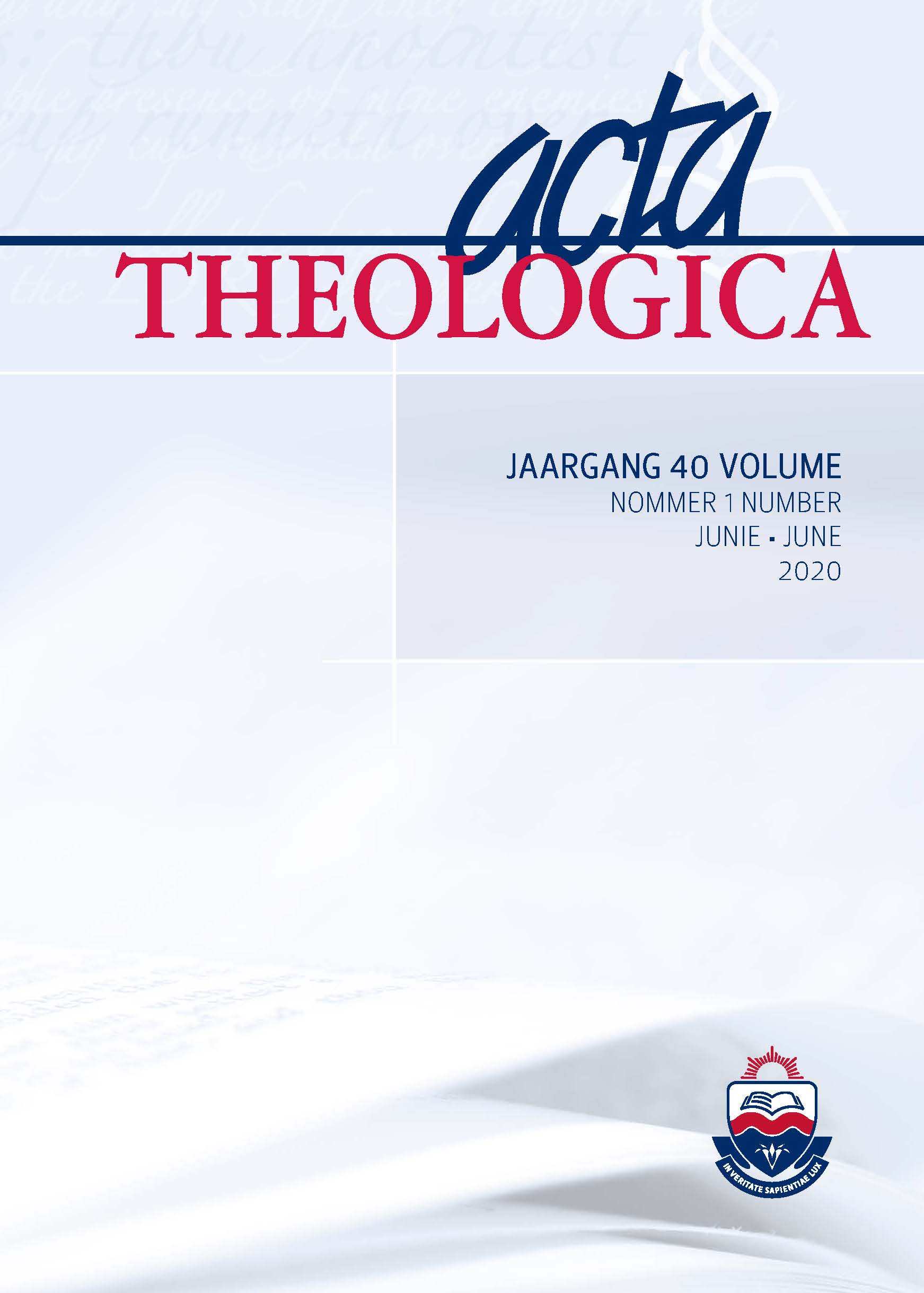SOLA SCRIPTURA:
AUTHORITY VERSUS INTERPRETATION?
DOI:
https://doi.org/10.38140/at.v40i1.4472Keywords:
Sola Scriptura, Martin Luther, Church fathers, Reformed churchesAbstract
This article discusses the term Sola Scriptura and the consequences of its application on the church,
commencing with the Church Fathers, when the principle/ idea of Sola Scriptura was already present, and followed by Martin Luther, whose 95 theses served as an ignition for the Reformation. Luther’s action led to the founding of the Protestant movement, with his followers separating themselves from the Roman Catholic Church on the grounds of Scripture. Over the past 500 years, a myriad of different churches has been established within the Protestant movement, separating themselves from other
Protestants, each with the conviction of Sola Scriptura. The impression is that, although the authority of Scripture is maintained, their interpretation of Scripture has led them to found new churches. This then applied to the traditional Afrikaans-speaking Reformed Churches in South Africa, that came to this country as one church, and led to the establishment of at least five separate churches.
Downloads
##submission.downloads##
Published
How to Cite
Issue
Section
License
Copyright (c) 2020 Author

This work is licensed under a Creative Commons Attribution 4.0 International License.








